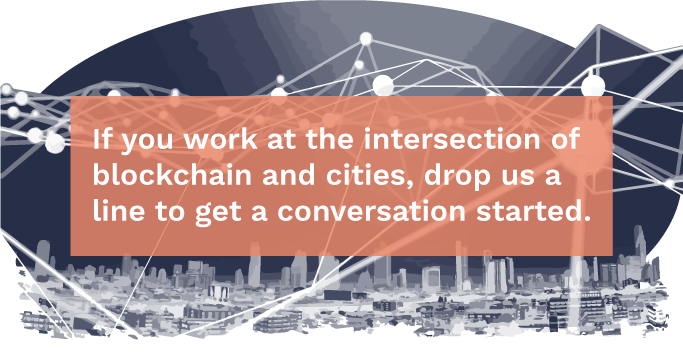For the last 12 months or so, we’ve been working with Swytch.io, a company that uses the blockchain to reduce carbon emissions in unique ways. Recently, Peter Hirshberg had the opportunity to share this work in a broader context, discussing how the blockchain can be used to create new mechanisms to pull through behavior change on a global scale.
In this talk Maker City Chairman Peter Hirshberg looks at how the contributions of two Nobel Memorial Prize winners in Economics, together with blockchain can be can be used to accelerate carbon reduction in a distributed manner. These often operate faster and be more responsive than traditional global governance mechanisms such as climate accords, the World Economic Forum, or local energy incentives.
About Swytch
Swytch provides a smarter way to incent companies, municipalities, investors, prosumers, and consumers to flow capital into the projects that will have the biggest impact on C02 emissions. Swytch runs on the blockchain in a secure fashion. A project of the Token Commons Foundation, a non-profit based in Zug, Switzerland, Swytch incents the generation of renewable energy, with incentives increasing the greater the impact on carbon reduction. In many ways, the incentives provided for renewable energy generation within the Swytch network work to encourage energy generators to register their assets on the Swytch system as a node. As such nodes multiply, network effects take over, enabling the Swytch protocol to allow for the creation of the first global, real-time energy data mechanism for the grid. This data has extreme value for investors, who struggle to understand exactly where and what kind of sustainability projects to fund to reduce C02 emissions- a result of imperfect and seldom aggregated actionable information.
Bloomberg New Energy Finance estimates that over $7.4 Trillion will be spent on renewable energy projects over 2017-2040. China accounts for 28% and India 11% of total regional investment over 2017-40.
Swytch was developed with and for some of the largest players in the renewable energy ecosystem including:
- Black & Veatch, a global firm providing critical infrastructure and energy engineering. Many of the largest technology companies in the world depend on Black & Veatch for their data center needs. Swytch is partnering with Black & Veatch to build out its Open Oracle, which uses machine learning and a consensus protocol to estimate the amount of carbon offset by a particular node on the network and reward Swytch tokens accordingly.
- Lendlease, which finances, develops, and operates energy generation facilities worldwide. Lendlease partnered with Swytch to deploy a more modern, accurate and immutable mechanism to account for energy. Information on when and where energy is produced as well as its impact on C02 is required to optimize next-generation energy grids. This type of data is not currently available.
- e2m, one of Europe’s largest renewable energy aggregators, with whom Swytch has deployed a 1.5 Gigawatt pilot project, sufficient to power 600,000 homes.
Why Maker City?
The Maker City Project has been helping the Swytch.io team develop its token economics and global partnerships, as well as with fundraising, business development, and marketing. We were engaged by Evan Caron (CEO) and Dr. John Clippinger (Head of Token Innovation) in particular to outreach to cities, as cities have shown interest in leveraging Swytch as staking token. Watch a clip of Swytch investor Steve Jurvetson talk with Peter about application such a global carbon accounting mechanism, based on his experiences investing in Tesla, Solar City, and EnerNOC.
What is a staking token?
Cities and other municipalities can use Swytch as a staking token, buying a certain amount of Swytch tokens to set aside for local sustainability options. Through this process, the city is in effect creating its own city token based on Swytch. This enables government officials to have more flexibility than they would with programs denominated in fiat currency. Incremental city tokens can be directed towards programs that are proven to make a bigger difference in removing C02 versus allocating dollars, euros or the equivalent in advance. Another advantage is that with Swytch program expenditures are more trackable, traceable, and resilient in the face of fraud or attempts to game the system. Finally, with Swytch program dollars may not be placed on the city’s books as a liability but instead as an asset, one that may appreciate over time based on the actions the city takes to create scarcity and competition for its city token.
You can reach us at hello [a] makercity.com



